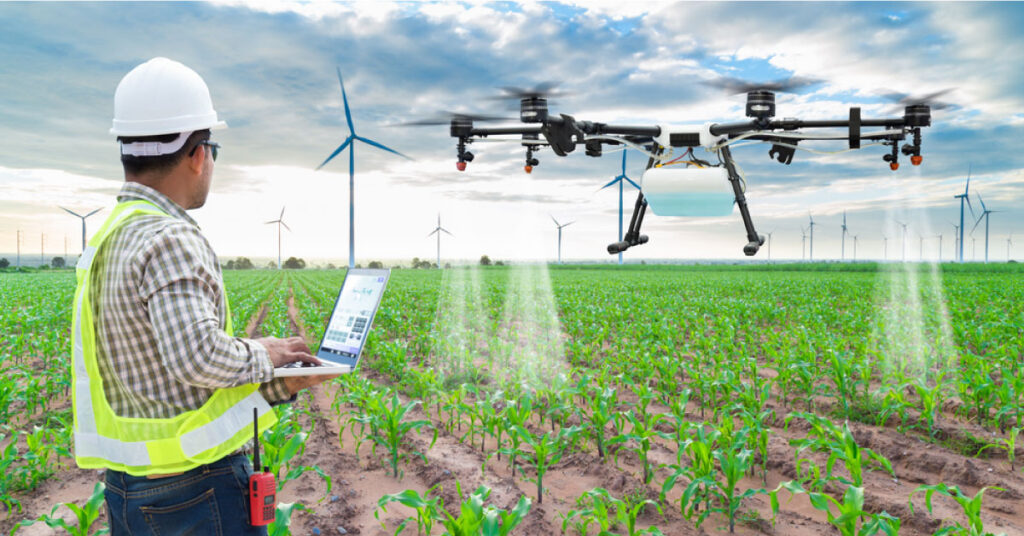In order to ensure food security, the Middle Eastern business powerhouse chose to establish a park that will focus on agricultural businesses. The Ruler of Dubai, Vice President and Prime Minister of the UAE, His Highness Sheikh Mohammed bin Rashid Al Maktoum, launched the ‘Food Tech Valley’ as an ambitious and beneficial initiative to protect the future by building a new farm to amplify food production in the UAE to be future prepared in case of crisis.
A decision was taken to help the entire nation have sufficient food production in uncertain times in order to have a stable and peaceful future. The introduction of modern vertical farms corresponds to logical innovations. It acts as a place that produces fresh and clean-tech based food, resulting in a modern and established community. Its aim is to bring natural agricultural products to market, as well as to assist researchers by acting as an incubator. It also provides a platform for entrepreneurs, industry experts, and start-ups to present new and creative solutions. The food industry can be reshaped and a strong and stable future can be built with this brilliant technological growth.
To get the most out of innovation, there will be a need to build partnerships with the experts in the field and concentrate on bringing change and leading transformation at a regional level. The new food industry advancement also necessitates an awareness of global sustainable food systems.
The new park will promote the technical effects on farming and applied research in food processing procedures by incorporating advanced technology from modern farming. The emphasis will be on modern techniques such as aquaculture, hydroponics, and vertical farming. It will also ensure adequate food production, reduce resource waste, and accelerate fresh food produce.
The new venture is being led in collaboration with the Ministry of Food and Water Security and Wasl Properties. It devises methods for creating futuristic food production and modern plans for constructing strong cities that are self-sufficient in terms of food production.
The Food Tech Valley will have goals of the National Food Security Strategy 2051. It comes at a time when technical advances, such as superior equipment and know-how, are critical in fostering a knowledge-based economy with broad horizons.
It includes a cutting-edge smart food logistics centre, as well as R&D facilities and a marketplace. More than 300 crop varieties will be grown using the most up-to-date agricultural technologies. By 2025, the AgTech market is expected to grow from $13.5 billion to $22 billion.
It comprises four main clusters: agricultural technology and engineering, a food innovation centre, R&D facilities, and an advanced smart food logistics hub.
